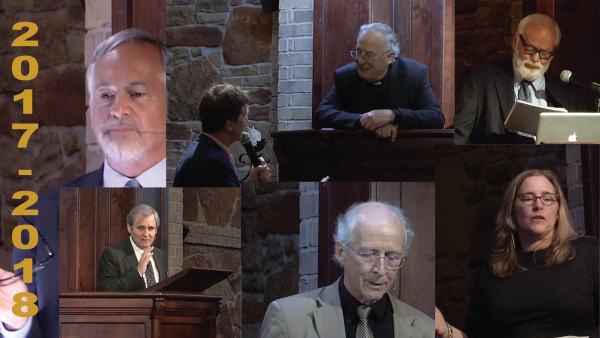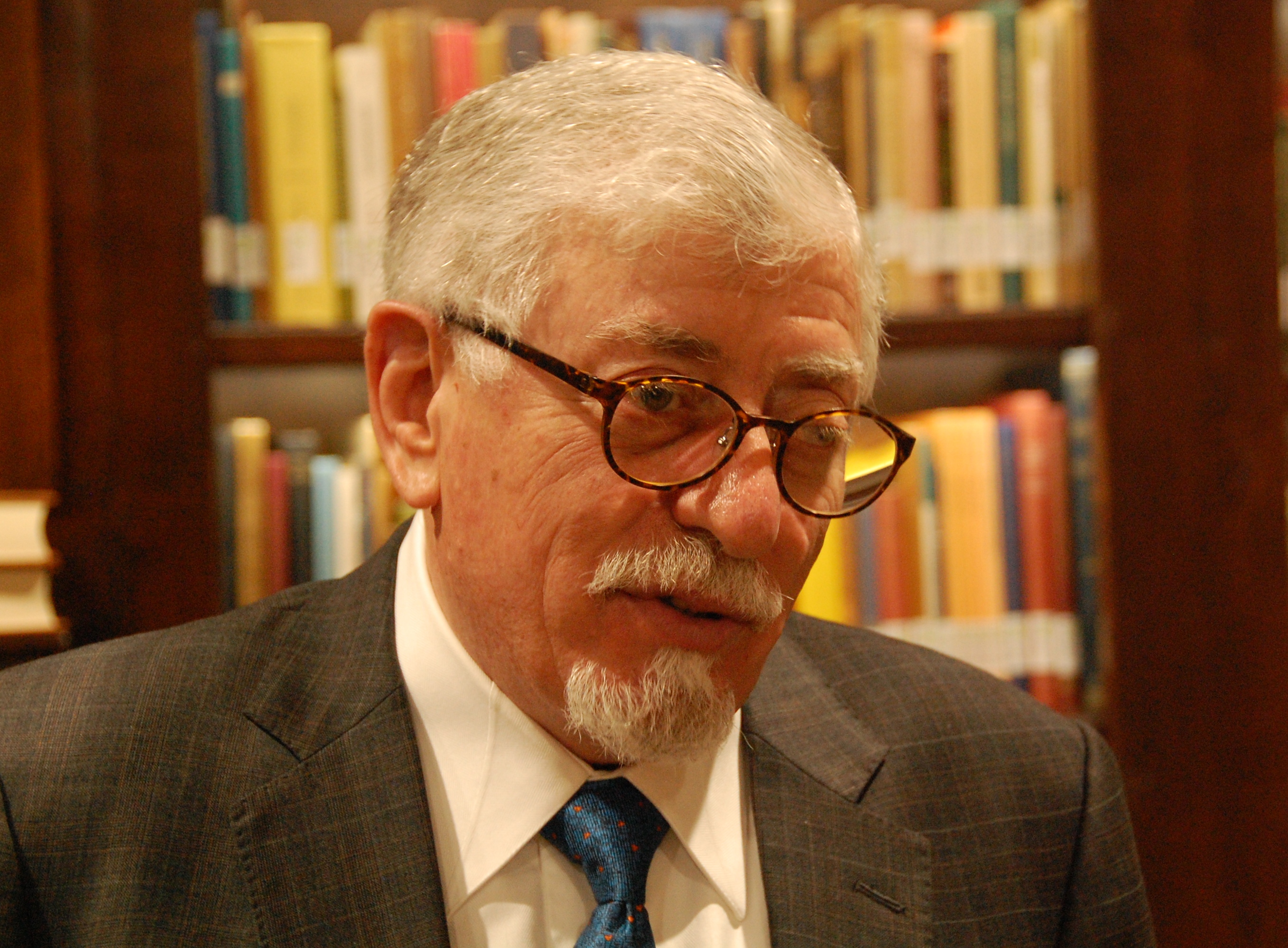Loading Content...
Share a Link to this Lecture
The link has been copied to your clipboard; paste it anywhere you would like to share it.
CloseSteven Notley - October 25, 2014
"Between the Chairs" New Testament Evidence for the Hebrew Jesus Spoke
The publication of Professor Avi Hurvitz’s A Concise Lexicon of Late Biblical Hebrew (Leiden, 2014) has brought fresh attention to the changing language environment in the land of Israel following the Babylonian Exile. The idiom of the earlier Hebrew prophets was not identical with that of the Chronicler and other post-exilic works at the close of the Hebrew Bible. These developments continued into the first century of the Common Era – as we read in the Hebrew documents from the Dead Sea Scrolls. Unfortunately, too little notice has been given to the contribution of the New Testament (as a first-century witness) to these changes in the Hebrew language, as well as the transition from Late Biblical Hebrew to the Hebrew of Israel’s Sages (i.e. Rabbinic/Mishnaic Hebrew). In this presentation we consider selected examples of Hebraisms found in our canonical Greek Gospels, which reflect the changing linguistic environment. Not only do these shed new light on the idioms Jesus chose to communicate his message, but they also contribute to the recently renewed debate about what language(s) Jesus spoke.
From Series: LTL Lecture Series Academic Year 2014-2015 | More from Steven Notley
From Series: "LTL Lecture Series Academic Year 2014-2015"
More Associated With "Jesus"...

April 7, 2012
Things Which Ought To Be Better Known About The Resurrection of Jesus
Peter Williams

September 8, 2012
Did We Get Jesus Right? Jesus in the Canonical and Apocryphal Gospels
Simon Gathercole

October 25, 2014
"Between the Chairs" New Testament Evidence for the Hebrew Jesus Spoke
Steven Notley

May 23, 2015
Did Moses Write about Jesus? The Challenges of Figural Reading
Richard Hays

March 4, 2017
Why and When Was Scripture Written? Looking at the New Testament Writings
Lee McDonald

March 4, 2017
The Theological Value of the ‘Rejected Texts’ and Dead Sea Scrolls for Understanding Jesus
James Charlesworth
